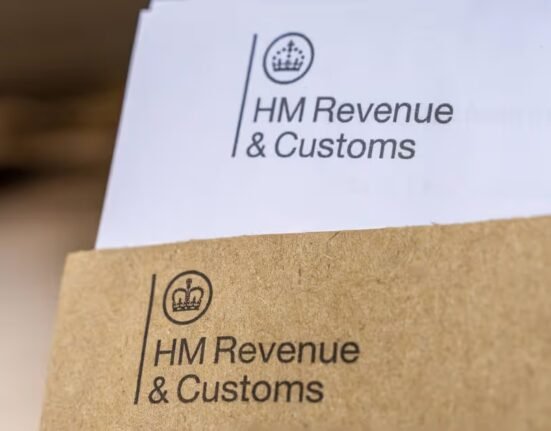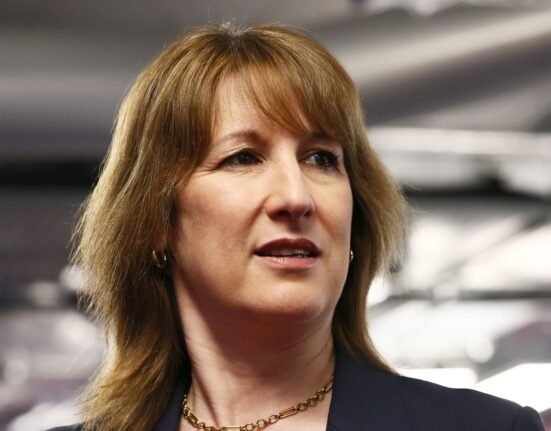His personal financial planning often got pushed to the end of the day, when he was tired and low on energy.
“I thought, how do I get that outsourced so that I don’t need to do this stuff on the weekends or after hours?”
The second reason was to financially empower his wife, who doesn’t work in the finance industry, and ensure she was more involved in their decisions about money.
Because of the best interests duty, everything their adviser recommends needs to be in both of their best interests.
“There’s also the peace of mind that I know that she’s got someone that she can go to, that is not me, when I’m here or not here,” he says.
“Building that relationship with our adviser gives her the ability to not only learn along the way, she’s also being told by a third party who has obviously her best interest at heart.”
Cachia says the final – and perhaps most important – reason for using an independent financial adviser was to remove emotion from the process and acknowledge his own personal “blind spots”.
“I have yet to find a way of being completely unemotional with my own money,” he says. “Even though I am better placed than most, there are blind spots that I can’t get rid of because the money is emotionally connected to me. The reality is, unless someone can teach me a way to be unemotionally connected to my own money, I think it makes logical sense [to outsource].”
Cachia adds that many financially astute people, be they fellow advisers or those that are self-taught, “are not aware of their invisible ceilings”, which can lead people to “continue to make poor decisions thinking they know better”.
“The only way to break through them is by someone telling you that they’re above you,” he says.
Cachia says his adviser keeps him accountable. “He reminds us of what really makes us fulfilled, and then points our money to make that happen, and execute when we need to execute.”
While he believes he is in the minority, and that not many advisers outsource their own wealth management, Cachia – who focuses on behavioural psychology and wealth coaching with his own clients – says he has had other advisers reach out to him in this capacity.
“I’m yet to have a financial adviser actually convert to become a client, but I have had a lot of people nibbling at the carrot,” he says, speculating that some advisers may be “too proud” to seek external advice.
When it comes to choosing an adviser to work with, Cachia says he applied the same lens as any client should. “You need to find someone who has the same values and philosophies as you, and ultimately, someone that you get along with.”







